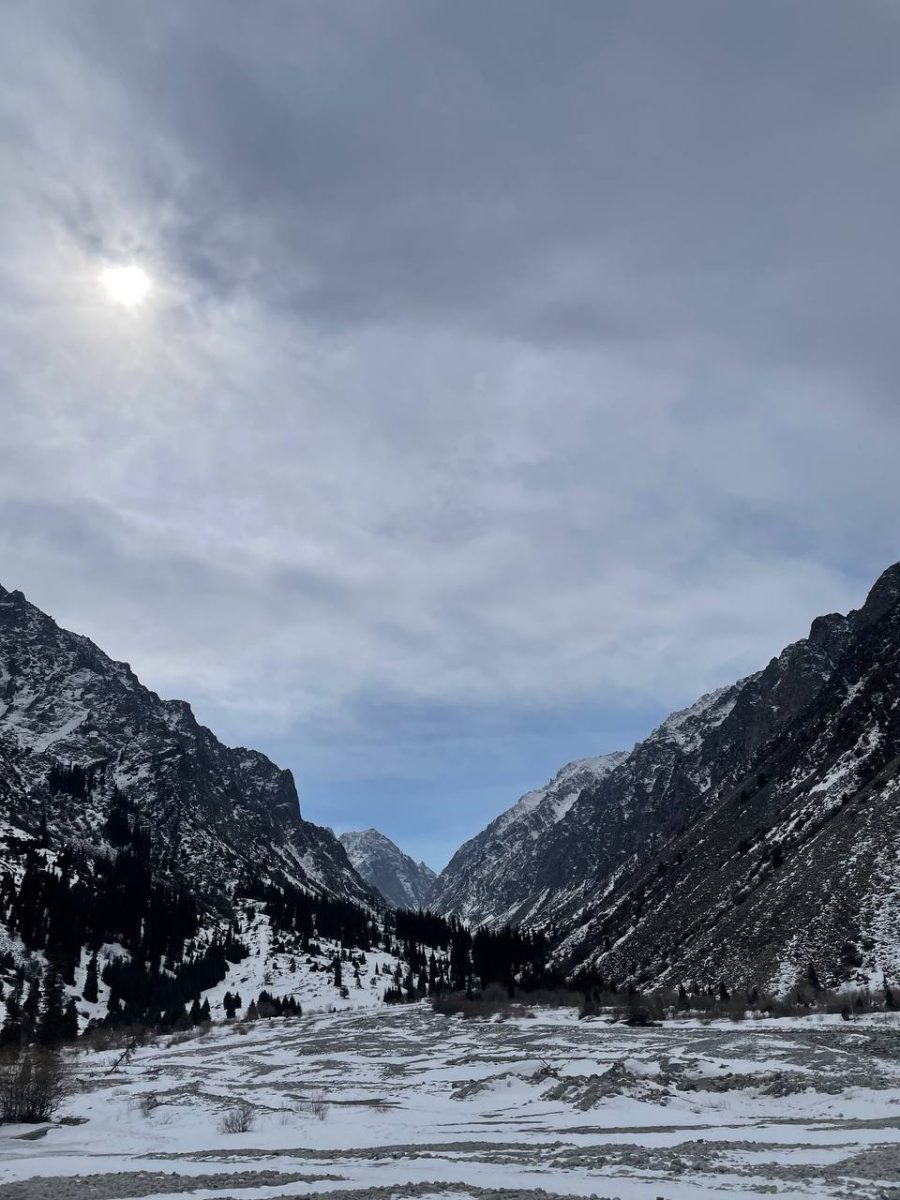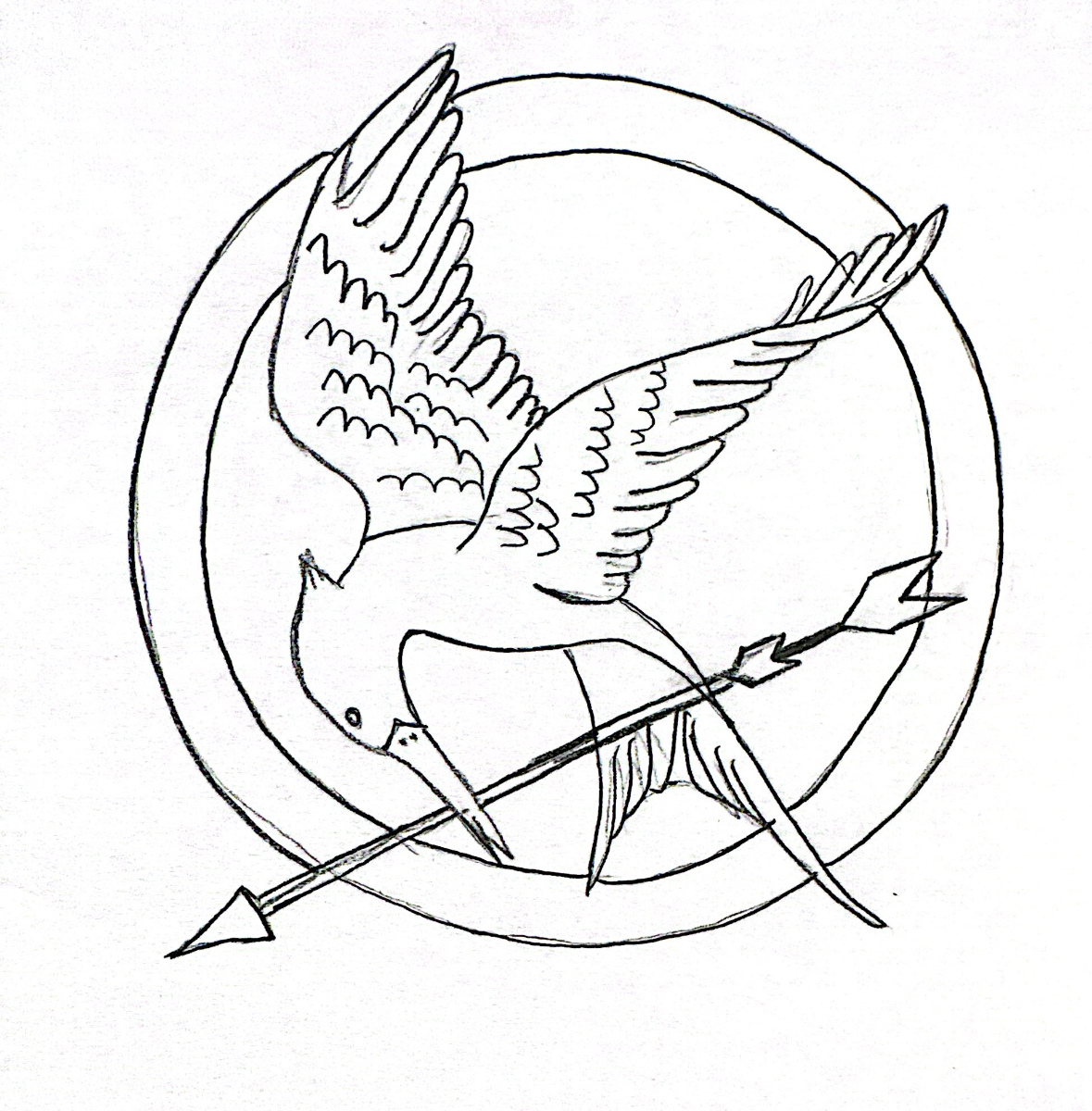The Urkun of 1916 stands as one of the most painful and tragic chapters in the history of the Kyrgyz people. It was a time of mass death, forced migration, and immense suffering caused by the brutal policies of the Russian Empire. This catastrophic event not only devastated the Kyrgyz population but also tore apart countless families, including my own. To this day, I have relatives living in China—descendants of those who fled the horrors of Urkun.
The roots of this tragedy stretch back to the late 19th century, when the Russian Empire began its expansion into Central Asia. By the mid-1800s, Kyrgyz lands were incorporated into the empire. Under the guise of “modernization,” the Russian authorities imposed a colonial regime that stripped the Kyrgyz people of their autonomy, culture, and resources. Fertile lands were seized and handed over to Russian and Ukrainian settlers, while the Kyrgyz were pushed onto less farmable land in mountainous regions, making it difficult for them to sustain their traditional way of life.
The colonial government imposed heavy taxes and forced labor, treating the Kyrgyz people as second-class citizens in their own homeland. Traditional tribal leaders were replaced with Russian officials, and any form of resistance was met with swift and often brutal punishment. Over time, the population became increasingly resentful and desperate, as they were deprived not only of their land but also of their dignity.The situation reached a boiling point in 1916 when Tsar Nicholas II issued a decree mobilizing Central Asians for forced labor in support of World War I. While Russian peasants were exempt from this draft, the Kyrgyz and other indigenous peoples were ordered to leave their homes and work under grueling conditions to build roads and military infrastructure. This decree was seen as the ultimate act of oppression and provoked widespread rebellion.
The Kyrgyz people rose up in a desperate fight for their freedom, attacking Russian settlements and administrative outposts. However, the Russian response was devastating. Imperial troops, armed with modern weapons, launched a brutal campaign to crush the uprisings. Entire villages were burned to the ground, livestock was confiscated, and thousands of men, women, and children were massacred without mercy. Those who survived faced an impossible choice: stay and risk death, or flee to the unknown.
Thus began the exodus known as Urkun. Tens of thousands of Kyrgyz families fled across treacherous mountain passes into neighboring China, seeking refuge from the violence. The journey was a nightmare. Many perished from hunger, cold, and exhaustion, while others were hunted down by Russian soldiers even as they tried to escape. For those like my ancestors who made it to China, survival came at the cost of leaving their homeland behind forever.
The aftermath of Urkun was catastrophic. Kyrgyzstan lost a significant portion of its population, and entire communities were shattered. Those who returned years later found their lands occupied, their homes destroyed, and their traditions disrupted. My family’s connection to this tragedy is deeply personal. The stories of Urkun have been passed down through generations, and the pain of separation still lingers. Even today, I have relatives in China—living proof of the trauma that forced so many to flee.
Despite the suffering, Urkun is also a testament to the resilience of the Kyrgyz people. They survived unimaginable hardship and rebuilt their lives, preserving their culture and identity in the face of adversity. Today, Urkun is remembered as a symbol of both loss and strength. Memorials and annual ceremonies honor the victims, ensuring that their sacrifice is never forgotten.
The story of Urkun is a painful reminder of the cost of colonial oppression and the importance of freedom. It shaped not only the history of Kyrgyzstan but also the personal stories of countless families like mine. By remembering Urkun, we honor our ancestors and reaffirm our commitment to building a future where such tragedies are never repeated.
Categories:
Urkun 1916: A Tragic Chapter in Kyrgyz History
Malika Basylbekova, Reporter
April 11, 2025
0
More to Discover
About the Contributor

Malika Basylbekova, Reporter
Malika Basylbekova is a junior experiencing her first year in the Clarion class. As an exchange student from Kyrgyzstan, she brings a fresh perspective to her own column in the school newspaper. Her hobbies are reading books and singing.




